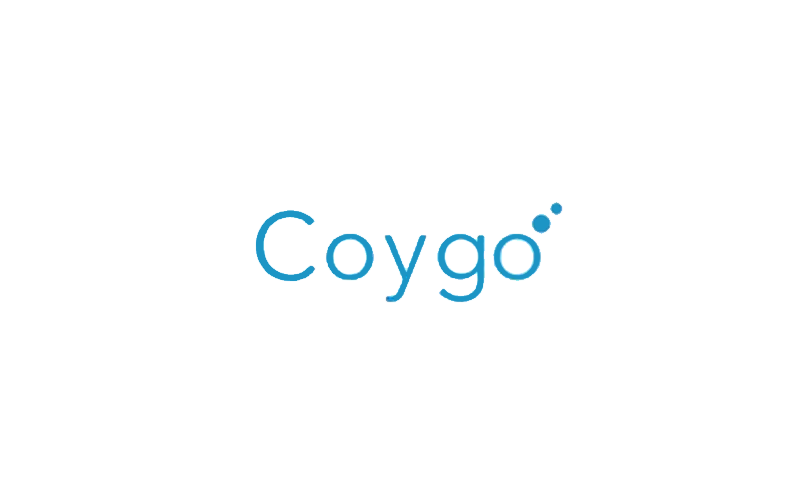Coygo is a service offering crypto trading bots and real-time market insights. It promises to deliver everything a crypto trader needs and help them gain an edge over their competitors. In this Coygo review, we shall try to determine whether this is truly a trustworthy system.
On the official website, the vendor does not provide any official address, but we know the company is based somewhere in San Diego, California. There are no contact details available and therefore, from a vendor transparency point of view, we are not too impressed.
Coygo overview
The vendor lists all the main features on the official website, sharing several screenshots that explain the functionalities of the platform. We have separate tabs containing pricing details, FAQ, and the privacy policy. The website also has a blog section where you can find some articles related to the cryptocurrency market.
This platform generates live data feeds that connect your system directly to the crypto exchange. Thus, you don’t need to use the company servers as a bridge. It has a crypto arbitrage scanner that lets you monitor arbitrage spreads for all compatible exchanges. You can submit pre-configured trades in parallel to two exchanges to act on a spread swiftly while utilizing live slippage detection. Moreover, it is possible to transfer assets between wallets at different exchanges.
While working with Coygo, you don’t manually need to enter the wallet address. You can view the consolidated history of your deposits and withdrawals for all exchanges and all assets. Before submission, you can check the estimated USD value of transfers.
Coygo allows you to configure orders using predefined amounts of $50, $100, $250, $500, etc. You can view and cancel all open orders as you wish. Using a simple interface, you can track your portfolio across all exchanges. To monitor your progress, you can list your holdings in USD, BTC, or ETH. To avoid crowding your portfolio, you can hide the dust holdings.
This crypto platform has some preset filters that allow you to find crypto assets for trading. You can also create your own filters by comparing multiple data points. You can access the Coygo screener within the terminal or use your mobile phone. The features offered by this platform are quite common, and as per our understanding, the team is not offering anything special.
The idea behind Coygo
The official website of Coygo doesn’t have the brand motto mentioned anywhere. Crypto platform vendors often share the idea behind their products to inspire consumer confidence. The lack of a mission statement indicates this is a company merely trying to market its product.
Team members
We have information on three of the team members of Coygo. Evan Francis, the CEO, is a full-stack software engineer who has been mining Bitcoin since 2010. Other members of the team include CIO Dorian Kersch who has a master’s degree in project management, and Ellery Addington-White, the CTO.
Safety of Coygo and the network
Coygo has API key security features where your exchange credentials are encrypted and stored on your system. This means the servers of Coygo cannot access your funds. The platform also has optional API keys where you get data tools and live insight without connecting to an exchange account. For collecting live market data, your system is linked directly to the exchange.
Other notes
There are three types of plans for Coygo, namely Free, Pro, and Casual. The free plan includes technical indicators, live charts, a Coygo screener, and high-level market overview. If you need to manage accounts on various exchanges, you can go for the Pro plan that costs $155 per year or $17 per month and also has a 5-day free trial period. For those who don’t need to trade daily, the casual plan is preferable. This is a short-term plan that you can use for one week by paying $5. The vendor does not mention anything about a money-back guarantee.
Client testimonials
There are no authentic user reviews for Coygo on the web, which tells us the company doesn’t have any reputation to speak of. It is difficult to trust a crypto trading platform that is not trusted by the members of the crypto community.
